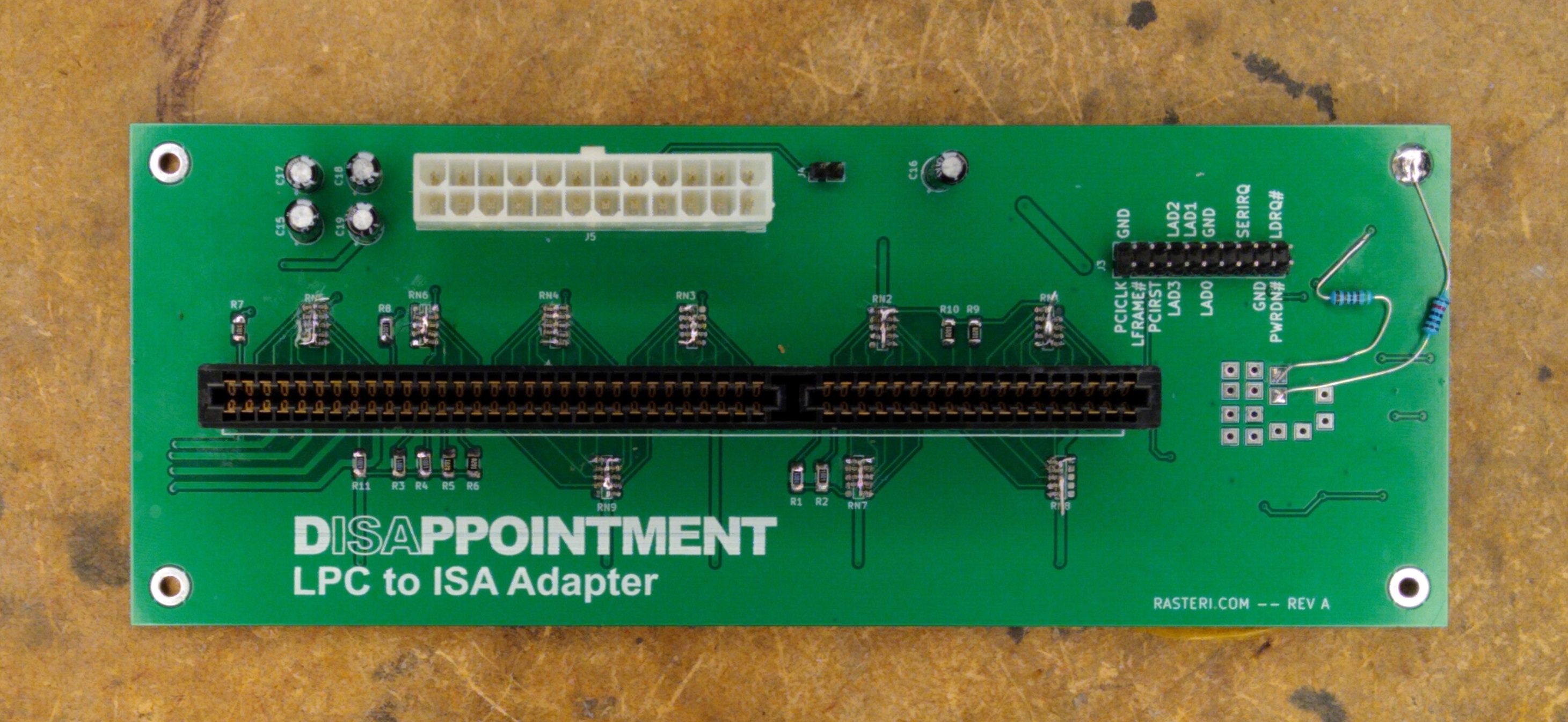This would work for a low profile card and has a real PCIe to PCI bridge chip:
https://www.amazon.com/StarTech-com-PCI-Express-Adapter-Card/dp/B0024CV3SA
With a PCIe 1x extender it would allow you to have it outside a case. The PCIe x1 extenders work by converting the PCIe signals directly to a USB 3.0 A socket, use a USB 3.0 male A to A cable and have a powered adapter board outside that converts it back to a physical PCIe X16 slot but only has x1 signalling. They use USB 3.0 cables because they have good enough signal integrity to carry a PCIe signal, have the necessary number of wires, and are common, but they aren't actually adapting PCIe to USB, just passing through the signals. But they don't have enough current capacity to carry power, so the adapter has separate power.
These extenders were frequently used with GPUs for crypto mining, as the data just has to be loaded into the GPU, then the results returned, it doesn't take a lot of bandwidth like graphics use does.
Edit: Looks like this one would work even better for what you want to do:
https://www.amazon.com/Sintech-PCI-Express-Riser-Extender/dp/B00KZHDSLQ
It adapts a PCIe x1 to dual PCI slots, uses a SATA power connector to power it. If you do get one, you'll probably want the one with the right angle SATA power cable included.
Another thought, with a Micro ATX motherboard in an ATX case, it should be possible to mount this adapter in the extra slots at the bottom of the case.

